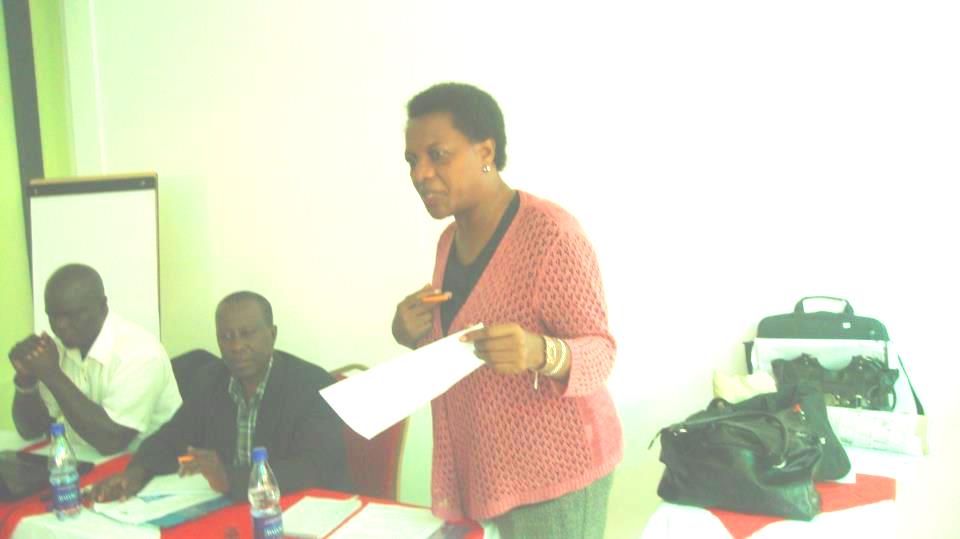Mrs. Brigitte Kitenge is very active in Community Development Work with focus on community development, human rights, gender, and food security in Kenya.
What would you say are the main challenges in your work as a woman?
There is need to overcome the overriding patriarchal nature of Kenya society which is more pronounced in the rural and poorer areas.
It is very important to apportion value to women labor and meaningfully assist them in their overwhelming responsibilities in providing for their families especially during catastrophes such as drought, famine, other climate and often disease related issues.
It is crucial to effectively and meaningfully involve all communities and especially women in decision-making, planning, operation and maintenance of water resources as they are the main providers of water for domestic use under very harsh conditions.
What have you done to overcome these challenges?
I have been actively engaged in community education and active involvement in policy formulation through the following initiatives:
- Founder / Director: Inter-agency Rural Dev. Programme (IRDP) based in Kitui County, Kenya where I originate and where I am actively involved in community development work
- National Vice Secretary Kenya Water Partnership (KWP Steering Committee and .Long-term KWP member and convener)
- Founder director of Kitui Water & Sanitation Co. and actively involved in formulation of Water Users Associations
- Technical working group member and Lower Eastern Kenya Coordinator of the Kenya National Land Policy Formulation process and Land Reforms.
What are your recommendations to other women in similar circumstances?
Women in leadership positions must get more involved in tackling challenges which women face. Most “successful” women quickly forget the challenges faced by their poorer counterparts. There is need to pull together both the successful women and the less endowed together to actively fight for issues on basic human and women rights in order to overcome the monstrous challenges women face to provide for their families under very harsh conditions.
